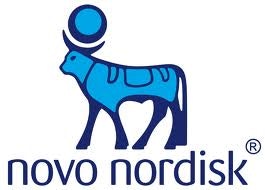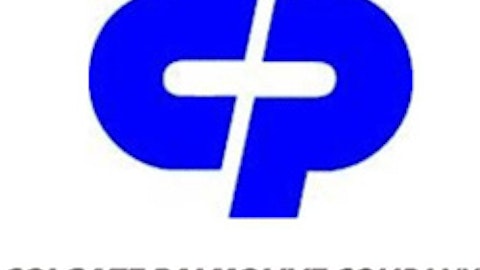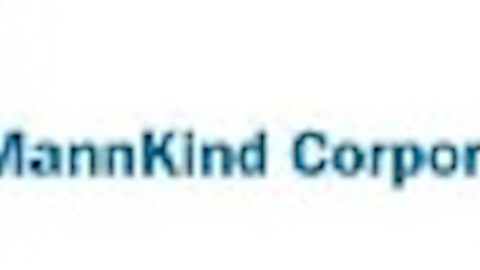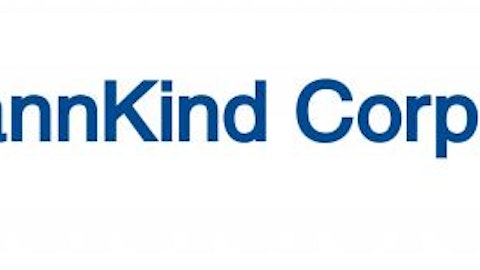
The FDA has already turned down quite a few drugs this year. Here are three of the biggest rejections — I mean, complete response letters — for 2013 so far.
1. Trouble for Tresiba
Novo Nordisk A/S (ADR) (NYSE:NVO) reigns as one of the top dogs in the insulin market. The Denmark-based drugmaker entered 2013 hoping to bolster that position with approval for its long-acting basal insulin product Tresiba.
Most observers expected an easy path to approval. Tresiba and related drug Ryzodeg received the OK from European regulatory authorities early this year. An FDA advisory committee had already given a thumbs-up to Tresiba in late 2012. Novo Nordisk A/S (ADR) (NYSE:NVO) anticipated that the agency would rubber-stamp that recommendation.
It didn’t happen. In February, the FDA told a stunned Novo Nordisk A/S (ADR) (NYSE:NVO) that additional tests would be needed to address concerns about possible cardiovascular risks with Tresiba. Shares opened 13% lower on the next trading day, with analysts speculating that the rejection would result in at least a two-year delay for Tresiba for its U.S. launch.
2. Helpless Heplisav
Things were going so well for Dynavax Technologies Corporation (NASDAQ:DVAX) in 2012 that CNBC’s Jim Cramer thought the stock could potentially double within a few months. Clinical studies showed that the company’s hepatitis B vaccine Heplisav provided longer-lasting protection than the leading vaccine, GlaxoSmithKline’s Engerix-B.
Dynavax Technologies Corporation (NASDAQ:DVAX) planned on submitting a Biologics License Application, or BLA, for healthy adults aged 40 and over. The FDA, though, told the company that it could submit the BLA for a wider age range of 18 to 70. Just days before the recommendation from an advisory panel, an FDA staff report highlighted how Heplisav worked as effectively as Engerix-B with fewer doses and a comparable safety profile.
Most signs pointed to a positive recommendation from the advisory panel and ultimate approval by the FDA. These signs were wrong. The advisory panel voted 8-5 last November against recommending Heplisav because of safety concerns. In February, the FDA followed that recommendation and refused to approve the hep B vaccine.
Dynavax Technologies Corporation (NASDAQ:DVAX) shares now trade around 75% lower than their highs from last October. The company continues to work with the FDA to collect additional patient data to address the safety concerns.
3. Setback for suvorexant
Merck & Co., Inc. (NYSE:MRK) didn’t experience a huge stock decline with its big FDA rejection this year, mainly because, well, it’s Merck & Co., Inc. (NYSE:MRK). One bit of bad news on the regulatory front isn’t enough to throw shares of the big drugmaker into a free fall. However, a setback is still a setback.
In this case, the FDA decided against approval for Merck & Co., Inc. (NYSE:MRK)’s insomnia drug suvorexant. The agency’s primary concern related to safety concerns with high dosages of the drug. However, the FDA left the door wide open for approval of suvorexant at lower doses.
The good news for Merck & Co., Inc. (NYSE:MRK) was that no further clinical studies were required to move ahead with pursuing regulatory approval for 10 mg dosages of suvorexant. However, the manufacturing study needed for the lower dose means that possible approval is pushed back to at least the summer of 2014.
Join the club
Other companies have felt the lack of love from the FDA this year, too. Gilead Sciences, Inc. (NASDAQ:GILD), for example, failed to win approval for HIV drugs elvitegravir and cobicistat. In a bit of a twist, these drugs are part of Gilead Sciences, Inc. (NASDAQ:GILD)’s four-drug combo Stribild, which the FDA approved in 2012. The FDA cited quality control issues with the manufacture of elvitegravir and cobicistat as the reason for the rejection.
Likewise, Johnson & Johnson (NYSE:JNJ) got turned down for the second time in its bid to win approval for Xarelto as a treatment for acute coronary syndrome, or ACS. The FDA previously approved the blood thinner for other indications.
If you’re new to investing in pharmaceutical and biotech companies, it’s important to understand the potential impact that negative FDA decisions might have on a stock. Dynavax Technologies Corporation (NASDAQ:DVAX)’s future largely hinged on Heplisav, so buying shares before the FDA decision entailed significant risk. On the other hand, buying Merck & Co., Inc. (NYSE:MRK) before the announcement on suvorexant wouldn’t have been such a risky proposition, because the drugmaker has plenty of other drugs generating revenue and more in its pipeline.
There are several more FDA decisions between now and the end of 2013. It’s quite possible that even bigger rejections are in store. The “complete response letter” club always has room for more.
The article 3 Biggest FDA Rejections This Year (So Far) originally appeared on Fool.com and is written by Keith Speights.
Fool contributor Keith Speights has no position in any stocks mentioned. The Motley Fool recommends Gilead Sciences and Johnson & Johnson and owns shares of Johnson & Johnson.
Copyright © 1995 – 2013 The Motley Fool, LLC. All rights reserved. The Motley Fool has a disclosure policy.





